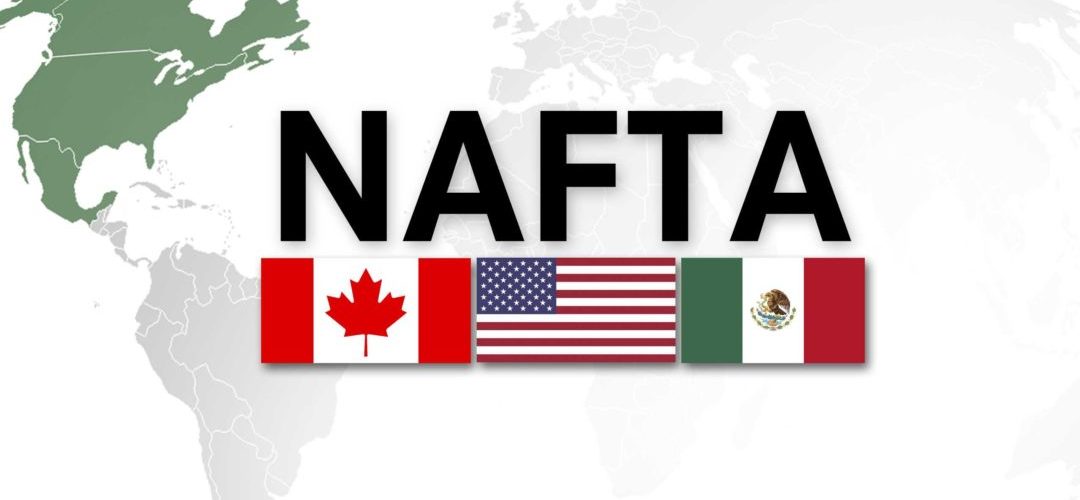Toronto, ON – The Investor-state dispute mechanism under the current North American Free Trade Agreement (NAFTA) is known as Chapter 11. It enables investors in NAFTA countries to sue the government of any member country. Only foreign companies are authorized to intent lawsuits. This chapter was originally drafted to prevent companies from being expropriated or victims of unfair treatment by countries with unstable governments. Remember that key point, unstable governments, because an electronic copy of a ‘quietly filed lawsuit’ was uncovered earlier this month that an oil and gas company, Lone Pine Resources of the US, is moving forward with a $250 million NAFTA lawsuit against Canada.
Corporations interpret Chapter 11 as their right to sue a government over laws and policies that they allege reduce their profits or in this case, reduce the expectation of a stable business and legal environment. When a new government policy or regulation is put in place that a corporation disagrees with, it can bring that government to a private trade tribunal where their case will be heard by three private sector attorneys, behind closed doors, for compensation at the taxpayers’ expense. So Lone Pine is suing the government of Canada for what it terms the arbitrary, capricious and illegal revocation of the company’s valuable right to mine for oil and gas under Quebec’s Saint Lawrence River.
It’s the moratorium on fracking, put in place, suddenly and without consultation, by the Quebec provincial government in 2011 that has Lone Pine so upset. Bill 18, introduced in the National Assembly on May 12th of that year, revoked all permits pertaining to oil and gas resources beneath the St. Lawrence River without any compensation The company claims this was a violation of its ‘right to mine’.
Lone Pine contends there was no valid public purpose to the moratorium on fracking, it says, violated the provisions of NAFTA’s investment chapter that offers investors a minimum standard of fair and equitable treatment. Lone Pine also claims the legislation violated its legitimate expectation of a stable business and legal environment. It doesn’t, however concern itself with the legitimate expectations of Quebec’s residents to clean air and water!
This is just one of many of the proliferation of cases under free trade agreements and bilateral investment treaties such as NAFTA. This is why the IAM is urging the Canadian government to push for the removal of Chapter 11. At stake are not only our resources but the rights of working Canadians, if they can sue over environmental laws, labour laws can’t be far off the corporate radar.



